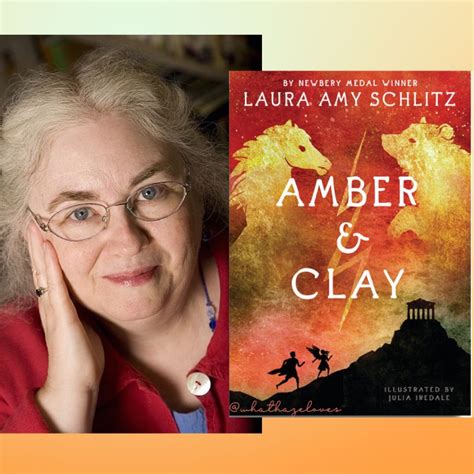A Quote by Lucy Maud Montgomery
I was very much provoked. Of course, I knew there are no fairies; but that needn't prevent my thinking there is.
Related Quotes
Once, at the dreaming dawn of history -- before the world was categorized and regulated by mortal minds, before solid boundaries formed between the mortal world and any other -- fairies roamed freely among men, and the two races knew each other well. Yet the knowing was never straightforward, and the adventures that mortals and fairies had together were fraught with uncertainty, for fairies and humans were alien to each other.

































